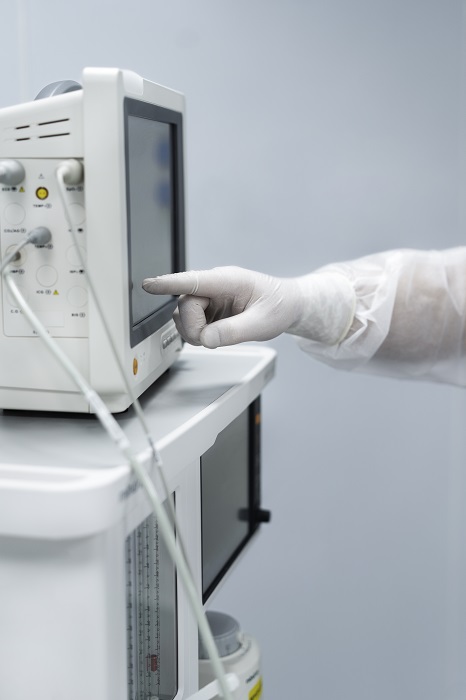Indian medical devices manufacturers anticipate significant growth hurdles in the US market following President Donald Trump’s recent announcement of a 27% reciprocal tariff on imports from India.
Export Impact and Concerns
As reported by business-standard, the proposed tariffs could directly impact India’s medical device exports, said Rajiv Nath, Forum Coordinator of the Association of Indian Medical Devices Industry (AiMeD). According to data from the Exports Promotion Council of Medical Devices, India’s medtech exports to the US reached $714.38 million in FY 2023–24.
India enjoys a strong reputation as a key supplier of cost-effective, high-quality medical devices, especially low-cost, high-volume consumables widely used in American healthcare facilities.
Limited Short-Term Gains Over China
Himanshu Baid, Managing Director of Poly Medicure, noted that India might gain a slight pricing edge over China in certain categories of low-risk, high-volume consumables due to the tariffs. However, he emphasized that the overall impact may remain minimal, given the scale and competitiveness of global supply chains.
Non-Tariff Barriers Still a Bigger Obstacle
Despite the tariff concerns, industry experts believe that non-tariff barriers continue to be India’s primary roadblock in the US medtech market. “The regulatory hurdles in the US are steep,” Baid explained, adding that FDA approval costs can range from $9,280 to over $540,000, whereas US exporters face far lower costs when entering the Indian market.
He stressed the importance of bilateral cooperation to address these imbalances, highlighting the need for fair and reciprocal regulatory frameworks.
Call for Strategic Collaboration Over Protectionism
Pavan Choudary, Chairman of the Medical Technology Association of India (MTaI), urged both nations to adopt a cooperative and strategic approach.
“Rather than escalating trade restrictions, India and the US should work toward a non-protectionist framework that promotes long-term economic growth,” Choudary stated.
























